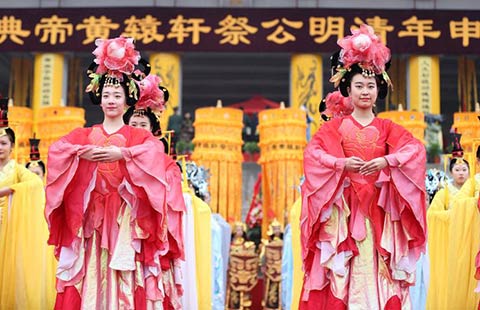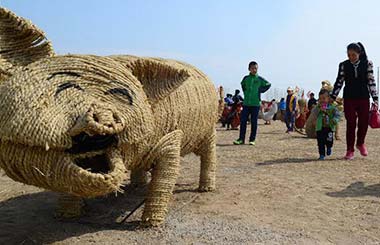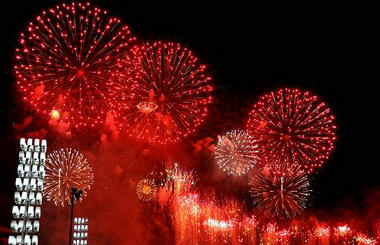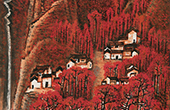Colorful architecture? He's got a bright idea!
By Chen Nan ( China Daily ) Updated: 2012-10-14 09:35:52
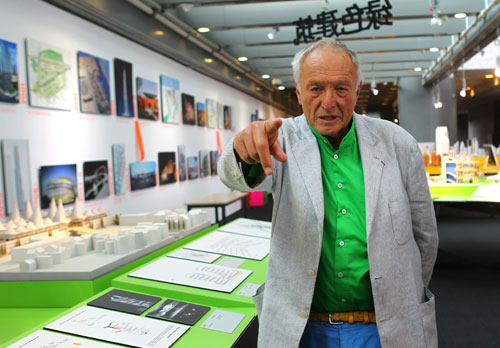 |
|
British architect Richard Rogers holds his retrospective design exhibition Richard Rogers + Architects - From the House to the City in Beijing's Capital Museum. Zou Hong / China Daily |
British architect Richard Rogers likes colors - all colors.
He wore a bright green shirt, sky-blue pants and orange shoes when he showed up in Beijing's Capital Museum to unveil his retrospective design exhibition, which spans more than 50 years, Richard Rogers + Architects - From the House to the City.
"I have many shirts of different colors," says the 2007 laureate of the Pritzker Architecture Prize, which is considered the Nobel Prize of architecture.
"Both colors and architecture are expressions. Colors are components of our buildings, which help to divide functions and bring enjoyment."
The 78-year-old shows no sign of slowing down.
Despite having his hands full with projects around the world, he personally conceptualized this exhibition. Unlike other architectural exhibitions, which are usually in black, white and gray, the exhibition space Rogers has designed features brilliant hues.
It looks more like a retro fashion designer's show than an architect's exhibition.
"We tend to embrace the use of color as one of the ways to strengthen the mood of our buildings," Rogers says.
"Color also helps emphasize certain rhythms and scales."
The exhibition hall is dotted with hot-pink sofas. Bright green lines on the walls demarcate the chronology of the architect's achievements over the past half-century.
The miniature cityscape of architectural models, introduction films and photographs created by Rogers and his teams are displayed on colorful tables and grouped according to categories of legible, public, green, systems, transparent, urban and lightweight.
The exhibition will run through Nov 18 at the Capital Museum.
The exhibition was first held in the Pompidou Center in Paris in 2007 and has since toured the world before coming to Beijing.
"This is an exciting and challenging city to explore," he says.
"Yesterday, we experienced a bad traffic jam in Beijing, which allowed us enough time to look at the city.
"The city contains unlimited possibilities. And there are many talented architects, such as Wang Shu and Zhang Li, whom we want to cooperate with."
Rogers was born to Italian parents - his father was a doctor and his mother was a ceramicist and artist - who moved to England on the eve of World War II. He was dyslexic and made his goal in school to be second from the bottom - rather than from the top - of the class.
In the post-war period, British art and architecture suffered from what is commonly called "shock of the new". Rogers believes it was an enlightening movement. His stay in the United States in 1960 also helped formulate a personal vision of architecture.
Shanghai Pudong Masterplan brought him to China for the first time in 1992. The project contains his idealization of architecture's function - that is, making the best use of public space.
"There were 7 million bicycles in Shanghai then, and we wanted to create a diverse commercial and residential quarter enhanced by a network of parks and public space," he says.
His career, however, has not been a walk in the park.
He recalls that nearly all his designs have received negative feedback, especially the 1971 Pompidou Center.
But, despite criticisms, he has always remained confident about his architectural designs.
"After we finished the design for Pompidou Center, all the media reviews were bad," he recalls.
"But when they saw young people flooding into the building and many avant-garde events held there, the media changed their attitude and said that the center gave new impetus to activities in Paris. You know, it was the shock of the new, but time helps."
His first design is still one of which he is proudest - his parents' house, which he built 40 years ago.
Rogers describes the house as "a transparent, flexible tube with solid walls only on the boundary, which could be adapted, extended or completely opened up".
Now the house is home to one of Rogers' sons, Ab, and his family.
"Architecture is a living thing, and they are lifetime projects," he says.
chennan@chinadaily.com.cn
|
|
|
|
|
|
|
|


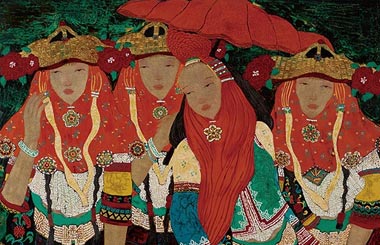
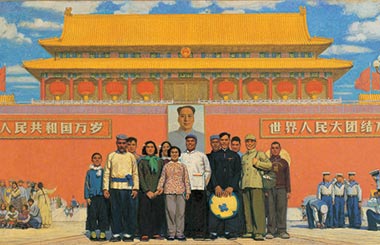


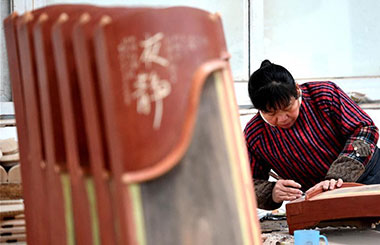

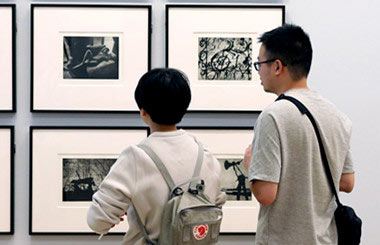
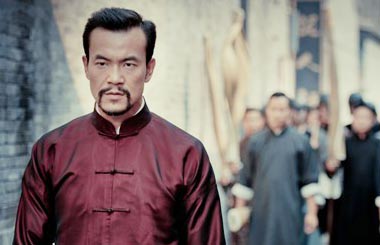
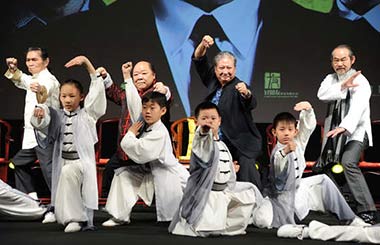
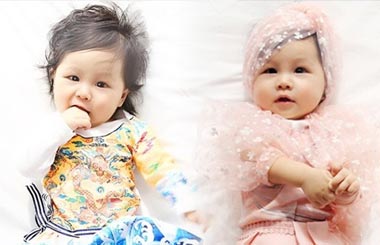


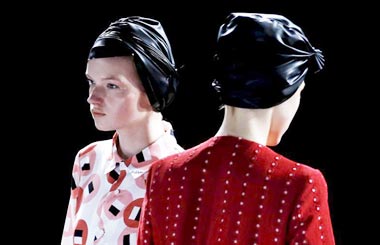


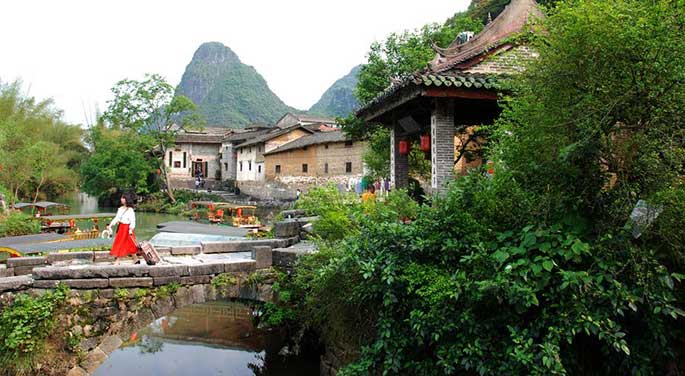


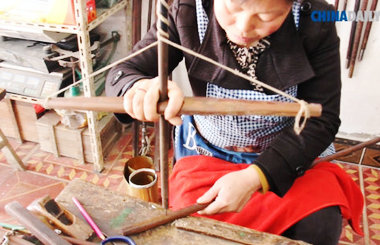


 Raymond Zhou:
Raymond Zhou: Pauline D Loh:
Pauline D Loh: Hot Pot
Hot Pot Eco China
Eco China China Dream
China Dream China Face
China Face

